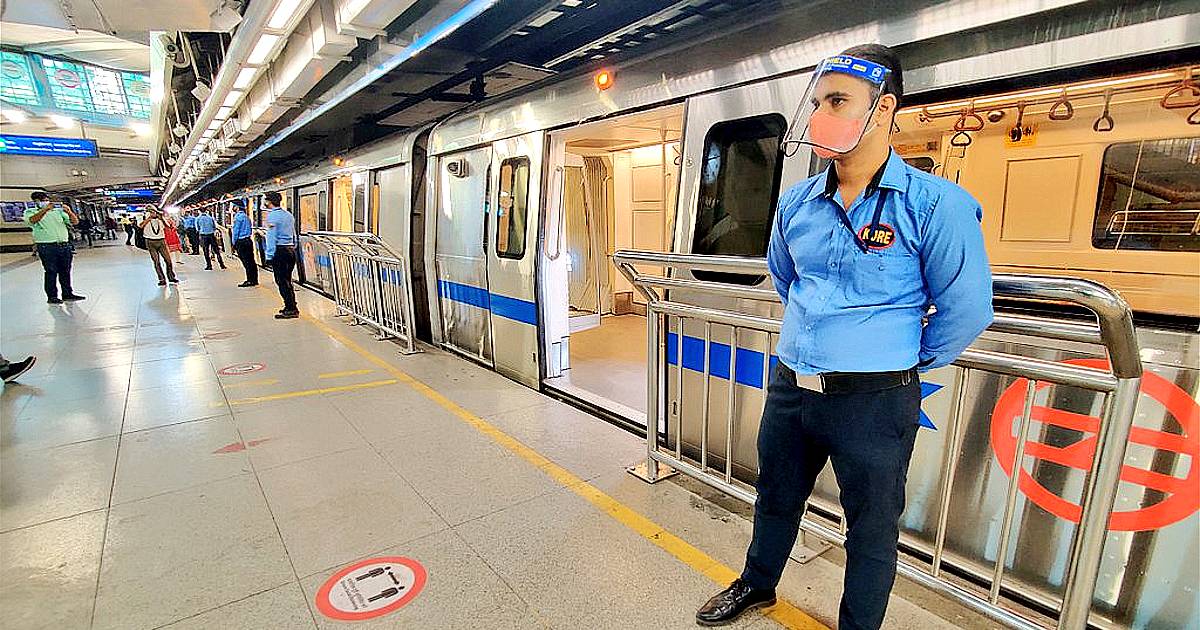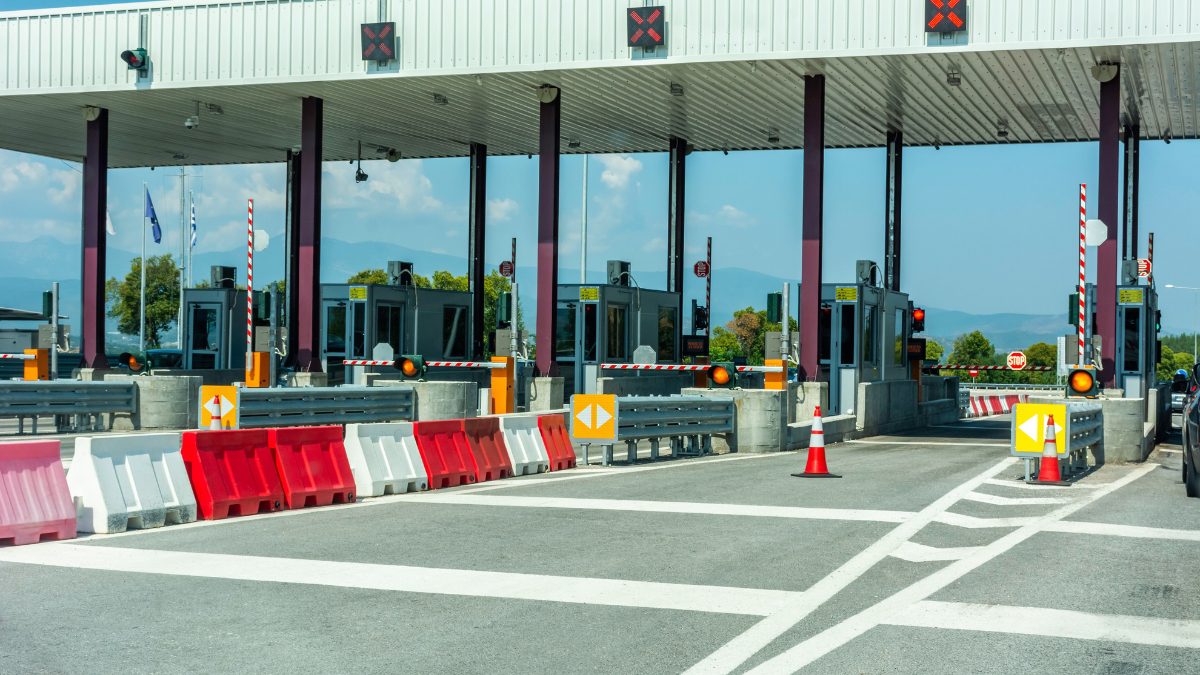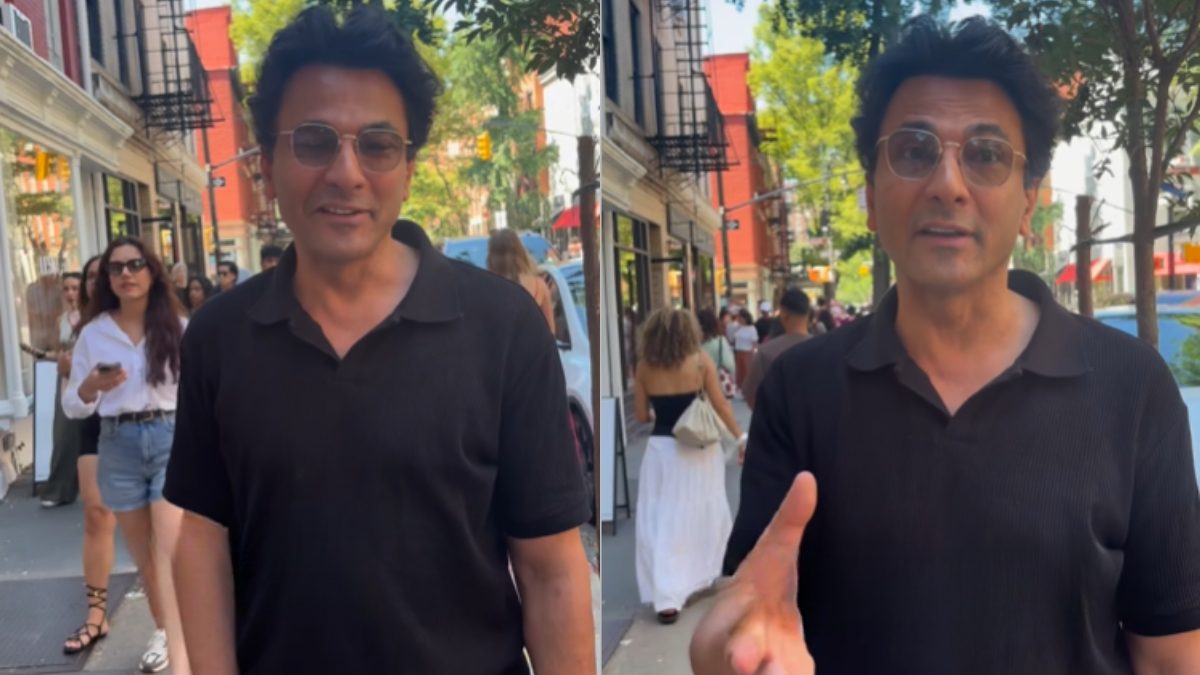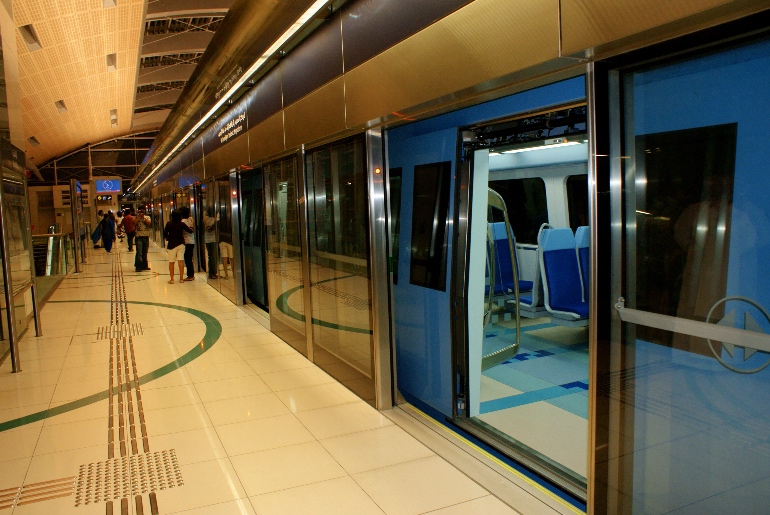Taking into account the rapid surge in COVID-19 cases, Delhi government has announced a complete lockdown for six days in the Capital from April 19, 10 PM to April 26, 5 AM. During the curfew hours, public transport like metro, buses, taxis, app-based cab services, e-rickshaws and autos will be allowed to operate with limited capacities. However, movements of people will be subject to restrictions issued by the Delhi government. Metros and buses will be allowed to operate with 50 percent capacity. Rules have been placed for other modes of transport too.
Autos, Taxis, E-Rickshaws, Cabs To Operate With A Maximum Of 2 Passengers
The government has decided that Delhi will be under complete curfew for six days as the steep rise in cases has severely strained the city’s resources and health infrastructure. The government has allowed only essential services and government offices to remain open. All private offices have been directed to work from home. Amid the lockdown, public transport has been allowed to operate with restrictions. The rules are as follows:
- The Delhi Metro will operate with a maximum of 50 percent of total seating capacity. Also, passsengers with valid identity cards can avail the services. During peak hours in the morning from 8 AM to 10 AM and in the evening from 5 PM to 7 PM, metro rails will ply with a frequency of 30 minutes. For the rest of the day, the services will ply with a frequency of 60 minutes.
- Public buses can operate with 50 percent capacity.
- Autos, taxis, e-rickshaws, cabs, ‘Gramin Sewa’ and ‘Phat-Phat Sewa’ can ply with upto two passengers.
- RTVs can operate with a maximum of 11 passengers. Maxi cabs can carry upto five passengers. No passengers will be permitted to stand, as per the rules of the Delhi government.
- Passengers to and from airports, railway stations and inter-state bus terminals will be permitted to travel only with valid tickets.
- No e-pass will be required for inter or intra-state movement of essential goods.
Also Read: These Establishments In Delhi NCR Are Offering Home Meal Services To Infected Patients In Quarantine
Passengers Can Now Recharge Smart Cards Through Amazon Pay
The pandemic has changed the face of travel. Many new measures are now being taken to ensure passenger safety. For instance, the Delhi Metro airport express line has the QR code-based ticketing system where passengers must only scan the QR code ticket on their phone. However, the Delhi Metro has decided to introduce Quick Response (QR) codes and other digital payment on its network to make ticketing contactless. Delhi Metro is working towards upgrading its existing Automatic Fare Collection system to enable QR code, RuPay-based and bank account ticketing on its network.
Besides, Amazon Pay announced the launch of the Delhi Metro Smart Card recharge on Amazon. in. Passengers travelling by Delhi Metro can recharge their cards in a convenient, cashless, and safe manner. Amazon is making digital payment seamless. The initiative is in line with DMRC’s commitment towards supporting the digital drive to promote cashless transactions among Delhi Metro commuters.
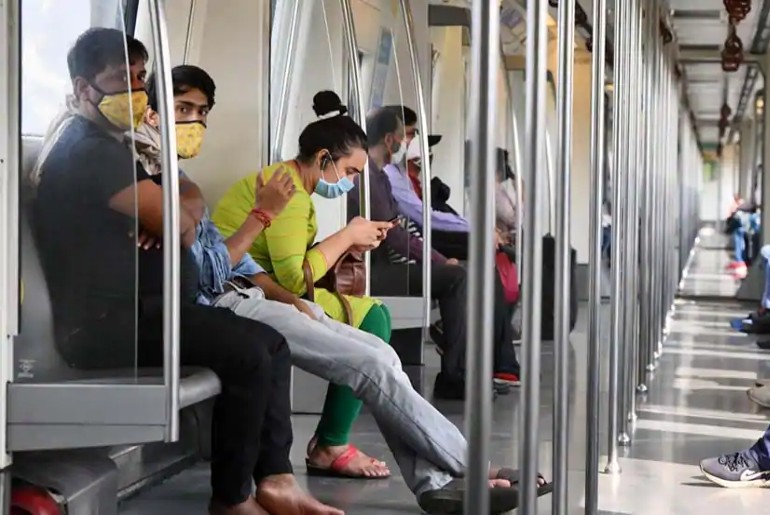
The QR Code System Is Available On Airport Line
The airport Metro also allows the use of National Common Mobility Card apart from the QR code. Users must register on the mobile application, Ridlr, and buy QR tickets by selecting the starting and the alighting destination. Metro users can use their credit or debit card to buy a maximum of six tickets while travelling on Metro’s airport express.
Also read: Delhi Metro Launches New Smart Card For Contactless Travel Amid Pandemic
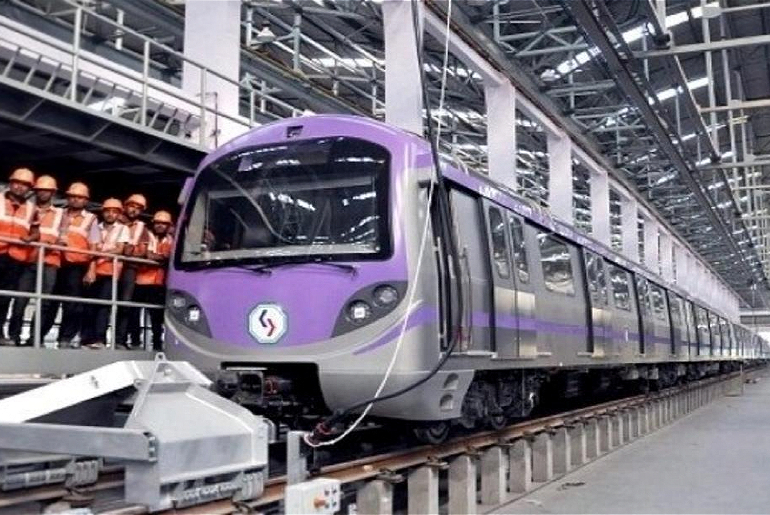
Delhi Metro Plans To Upgrade Its Existing AFC Technology
Delhi Metro plans to make the QR code system available on its nine corridors by 2022. They are also looking at upgrading the existing AFC technology. While the DMRC plans to make its ticketing system cashless for some time, the Covid-19 outbreak has made this a necessity. India’s Tallest Escalator Is In This Delhi Metro Station At A Height Of 15.6 Metres.
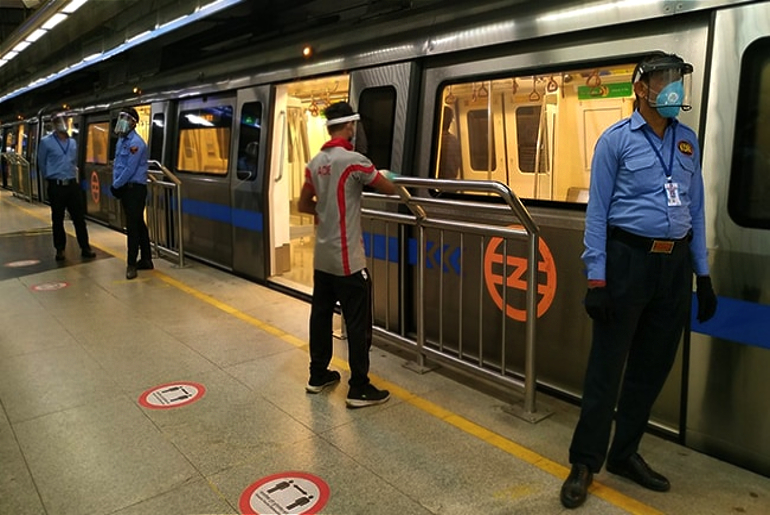
Delhi Metro Has Currently Stopped Sale Of Tokens
As part of COVID-19 preventive measures, the DMRC has halted tokens’ sale at its counters on Metro stations. Metro users will have to use DMRC’s travel card while commuting. While Metro trains continue to operate on 50% occupancy, contactless ticketing will have long term benefits. Delhi Metro To Provide Real-Time Update On Waiting Time At Busy Stations.
Sure, the vaccine will be available to people at large, but we have to continue observing social distancing, hand hygiene and other basic precautions. The QR system will ensure safety and hygiene in public transport.
First Published: April 19, 2021 5:23 PM

